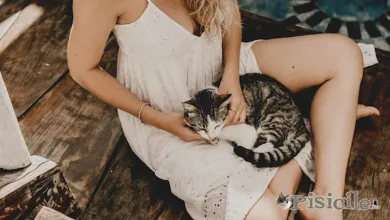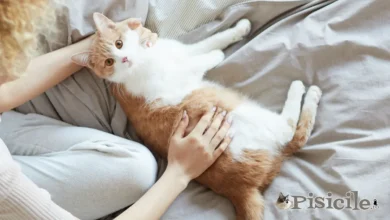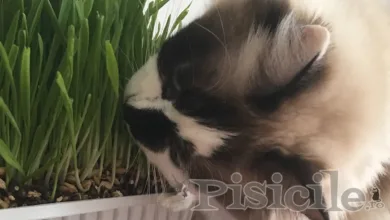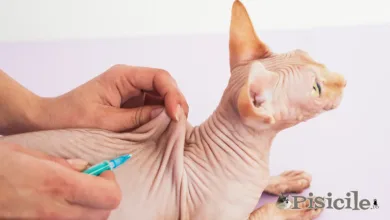
As with humans, depression in cats is an insidious (deceptive) disease. Known for their independent and graceful nature, they can sometimes go through difficult emotional states, including depression, even though this seems impossible to many of us. This is an insidious condition that is difficult to diagnose because its symptoms can resemble those of other diseases.
The causes of depression in cats are diverse, and the impact on the cat's behavior can be significant, leading to major health problems if not detected in time.
Subject
Causes of depression in cats
One of the most common causes of depression in cats is a sudden change in the environment to which your cat has been accustomed. Moving to a new home or even a significant home renovation can destabilize the animal's emotional balance. Some cats adapt quickly, but others may perceive change as stressful and threatening. In addition, loneliness and lack of social interaction play a very important role.
Although often labeled as loners, cats are sociable animals that become deeply attached to their owners. The loss of a family member or prolonged absences of someone who has interacted a lot with the cat can cause anxiety and apathy. Depression can also occur if you have several cats and one of them disappears. Unfortunately, I had such a case where one cat died and the remaining one fell into depression.
See article: How long can we leave the cat alone at home? Are you going on vacation?
Another common cause of depression in cats is spaying or neutering, especially if it is accompanied by stress and hormonal imbalances. In such cases, the cat may become lethargic and disinterested in activities it used to do before. Also, wearing a protective collar or a special postoperative garment can be extremely unpleasant, contributing to depressive states.
Boredom is another major factor. Cats are natural hunters, and a lack of activities to stimulate their instincts can seriously affect their mental well-being. Moreover, as with humans, lack of sunlight during the cold months can reduce energy and optimism, increasing the risk of depression.
From my experience with our cats, I can say that they are also weather sensitive. Lack of energy and depression are evident on rainy days, even if they stay indoors in the heat. Lack of natural light can affect the cat's psyche, reducing energy and well-being.
How can you tell if your cat is suffering from depression?
Depression in cats can be recognized by various symptoms. The cat may become apathetic, refusing to play or interact. It is possible that she eats less or, on the contrary, becomes greedy. At the same time, neglecting personal hygiene is a common sign – the fur can become dirty or unkempt. Some cats lick their bellies compulsively, sometimes to the point of losing their hair. Aggressive behaviors or self-harm may also be present, along with excessive vocalizations or complete withdrawal.
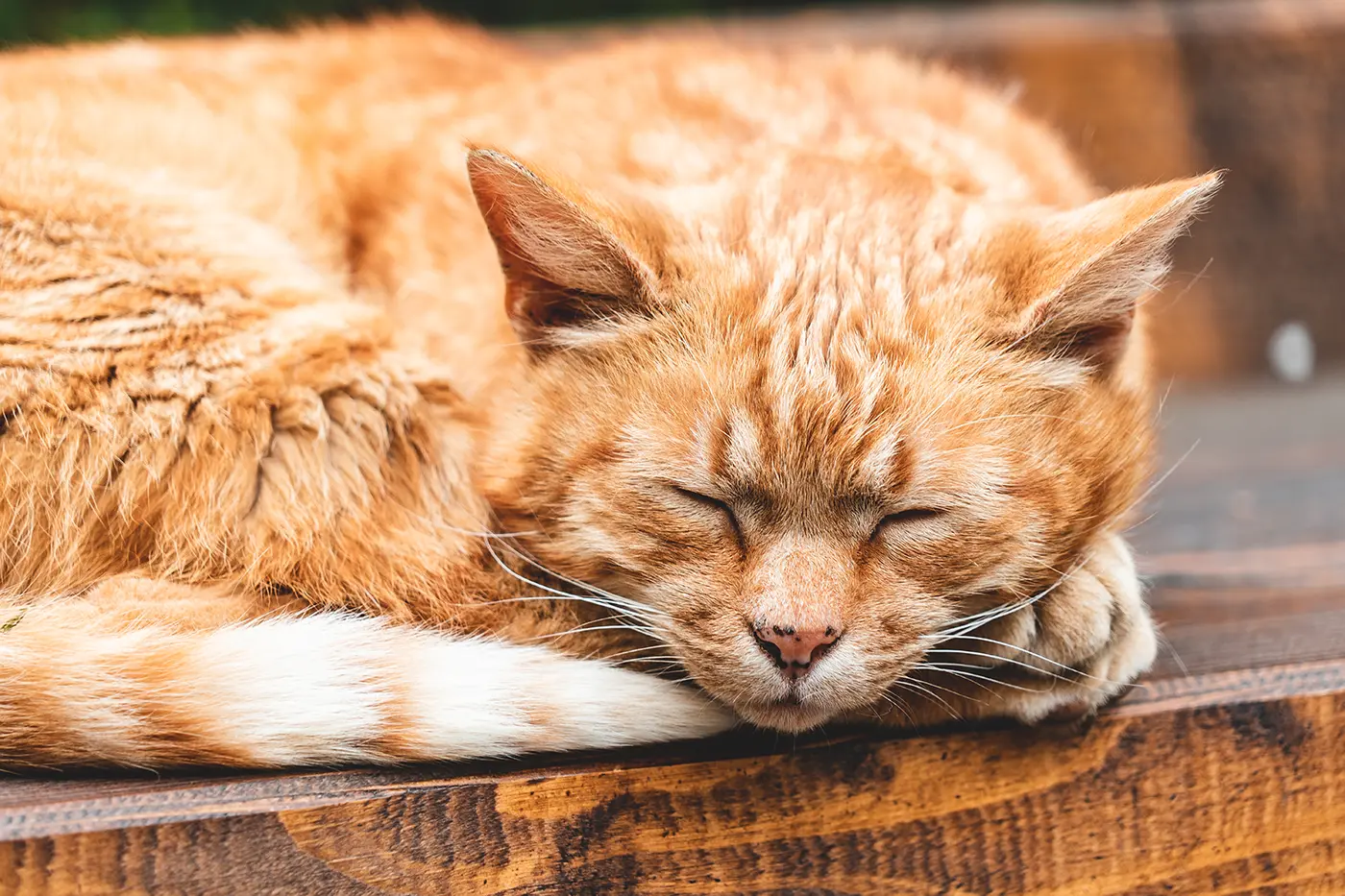
So, the signs of depression in cats can be the following:
- Lack of interest in activities: Apathy, refusal to play or explore.
- Behavioral changes: Hiding in isolated places, avoiding contact with the owner, unusual aggression or excessive meowing.
- Food problems: Loss of appetite or compulsive increase in food consumption.
- Neglect of hygiene: The coat becomes unkempt, sometimes even dirty.
- Compulsive disorders: Excessive licking of the abdomen, which can lead to hair loss, self-harm or destruction of furniture.
- Physical symptoms: Decreased immunity, increased sensitivity to diseases, especially those related to the urinary tract.
How can feline depression be treated?
For the treatment of depression in cats, it is important to consult a veterinarian. He will first rule out other possible medical conditions that could be causing similar symptoms. Depending on the diagnosis, treatment may include dietary adjustments, mental stimulation through play, and providing a friendly, comfortable environment. Food can also be enhanced with supplements containing L-tryptophan, an amino acid that helps increase serotonin levels, essential for mood regulation.
Mental stimulation is very. important to treat depression in cats. Interactive toys, climbing shelves and access to a safe observation area such as a secure balcony can do wonders for your cat's mood. Products containing synthetic pheromones help create an environment perceived by the animal as friendlier. In severe cases, the doctor may recommend drugs or supplements with a calming effect.
Feline depression should not be ignored. With the right support, cats can overcome this condition and return to a life full of energy and joy. Caregivers play an essential role by providing affection, attention and understanding to their pet.
